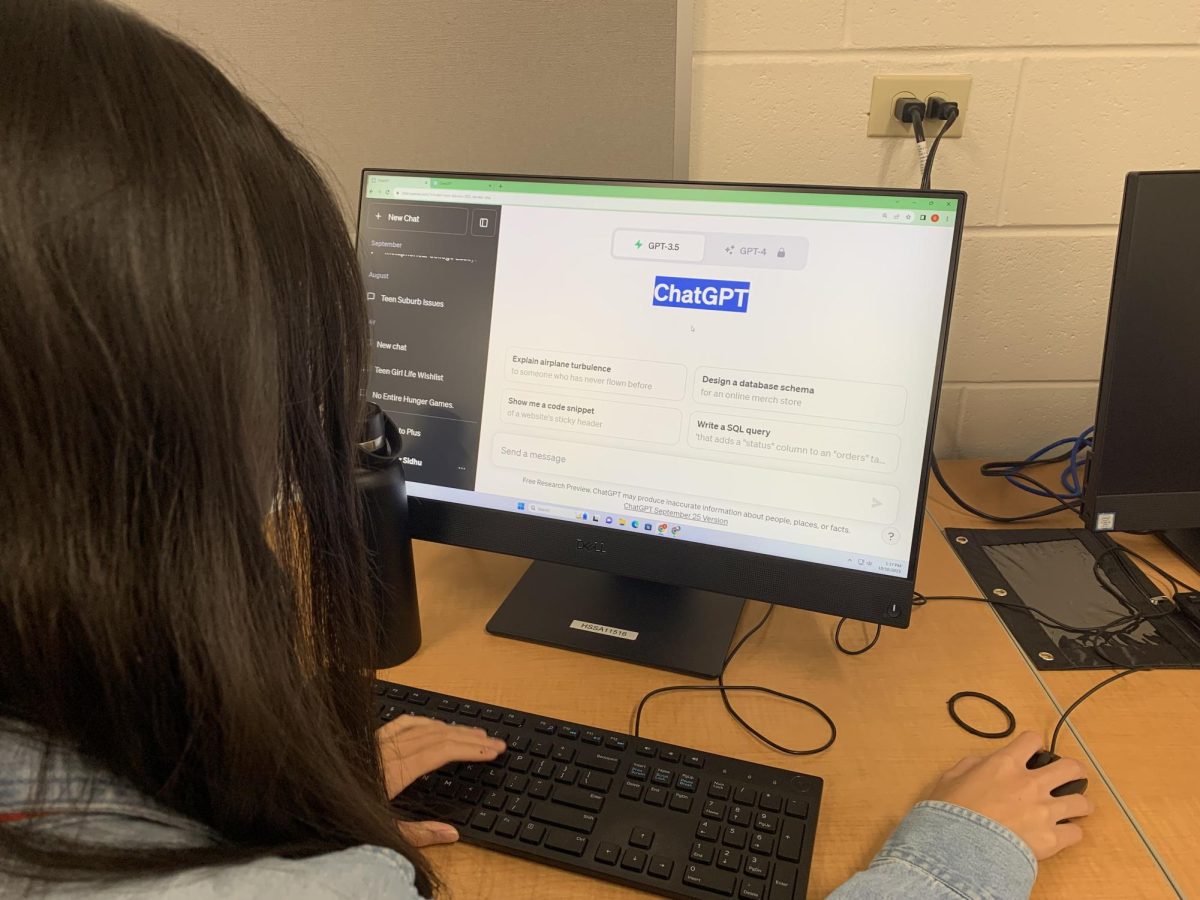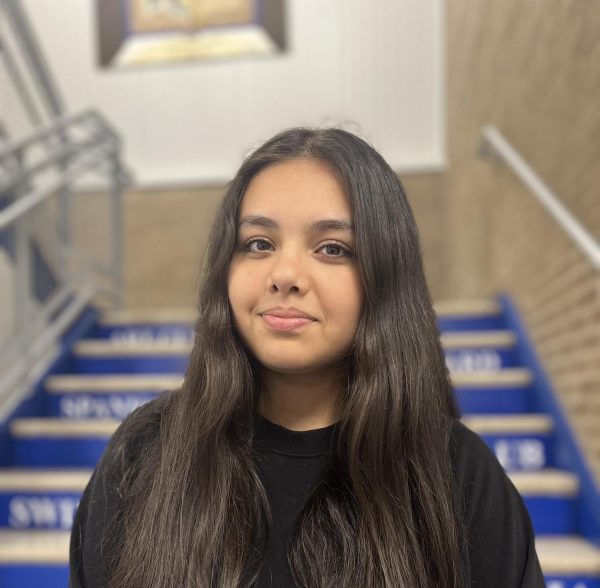Before the 2023-2024 school year, all of LZHS’s department heads gathered in an effort to explicate and revitalize the schools policies regarding academic integrity.
According to the presentation all English teachers were required to give to their classrooms, academic integrity is “the expectation that students and staff are acting with honesty, trust, fairness, and responsibility.” Lauren Katzman, Literacy and Performing Arts Division Head, says this definition of academic integrity had to be distinctly outlined due to unclear lines on what constitutes cheating.
“It wasn’t that there was a huge revision. The English department, in particular, wanted to make sure that we created a shared understanding with students about what academic integrity is right from the beginning of the year,” Katzman said. “With the creation of artificial intelligence, it certainly [raised] some questions about what cheating is, and what acceptable use is. We thought we needed to define it for ourselves, so that we could define it for students.”
Courtney May, English teacher, says that many students do not know that certain actions can be determined as cheating, such as copying and pasting information from the internet, or sharing answers on homework with others. For some individuals like Katzman, the popularization of AI only further blurred the lines between what qualifies as academic dishonesty.
“There were times last year, second semester especially because [artificial intelligence] became big over winter break, where a student used AI to do more than brainstorming to write sections or to write a whole essay,” Katzman said. “Now, when those teachers talked to [those] students, they knew that wasn’t academic integrity. There wasn’t really a question about that, we knew that there would be times where that line got blurry.”
Katzman and other division heads had concerns that there would be instances in which a student was penalized for using AI in a manner that “they did not feel was incorrect.” By creating a “shared understanding” on how students can use artificial intelligence while simultaneously maintaining academic integrity, Katzman and others hope that such situations will be avoided.
Beyond providing clear definitions of academic integrity, the policies now also standardize punishments for when the policies are broken.
“I think there was a disparity in [punishments]. The punishment for [academic dishonesty] was kind of dependent on the teacher. Now it’s all the same, so that’s better, I think, for everybody. We as teachers know we’re going to be supported; students now have a very clear idea of what they’re not supposed to do and what will happen if they do that,” May said.
Punishments can range from academic interventions to behavioral interventions to activity/athletic interventions. More information on possible punishments can be found here. By redefining the school’s academic integrity policies and reestablishing the consequences, the school hopes for students to understand the severity of cheating.
“My main [hope] is that students realize that they’re missing out on opportunities if all they’re doing is copying somebody else’s work. They’re missing out on some vital skills that they’re going to need for college and beyond,” May said. “Also, when you do get ‘out there,’ so to speak, the penalties are much higher. If you’re caught taking ideas from someone else, and passing them off as your own, whether [you’re] in college or at a job, and [thinking] that’s okay to do, could lead to something detrimental in the future. Ultimately, I hope [students] recognize […] the value in doing things on your own.”


